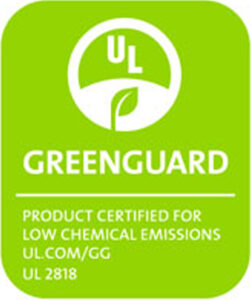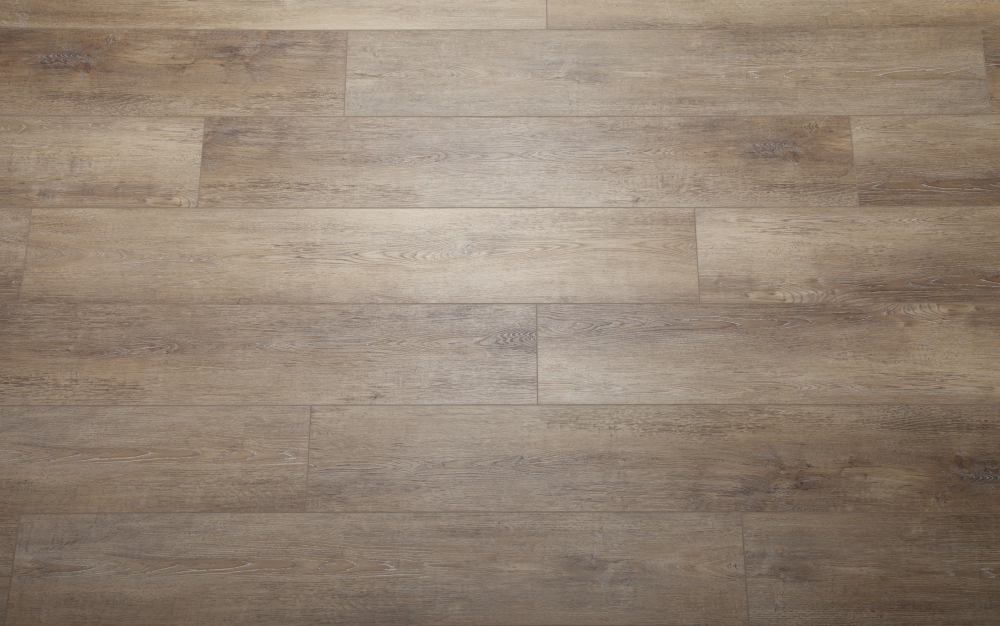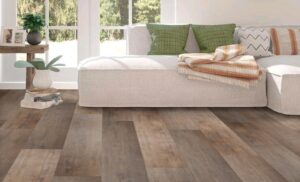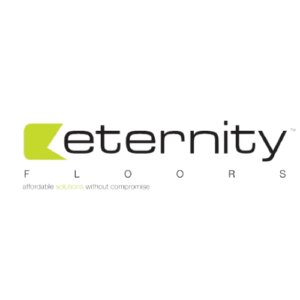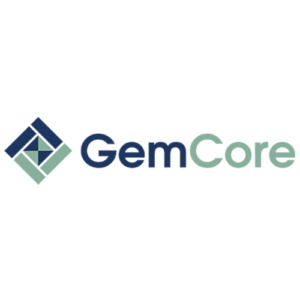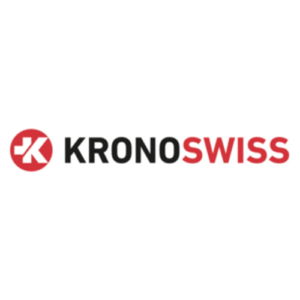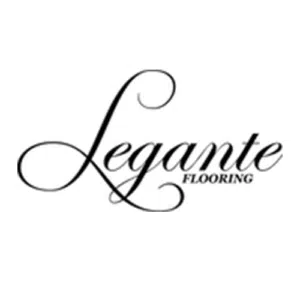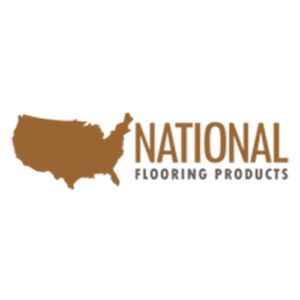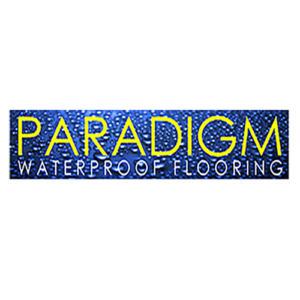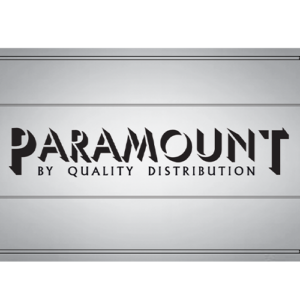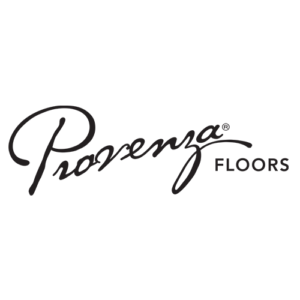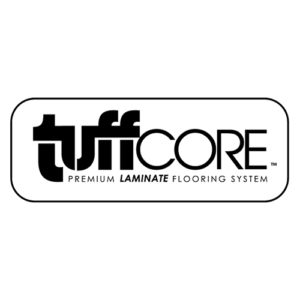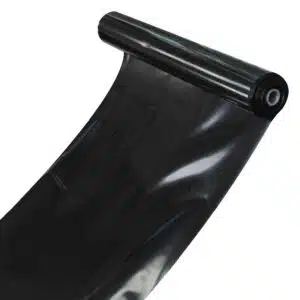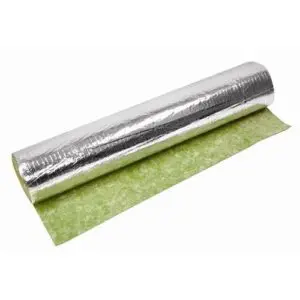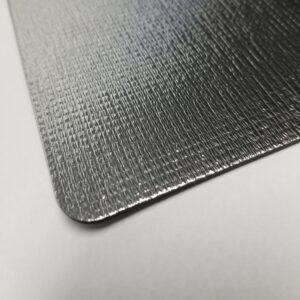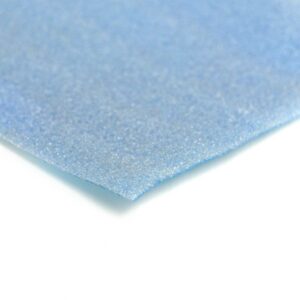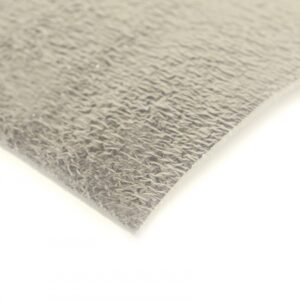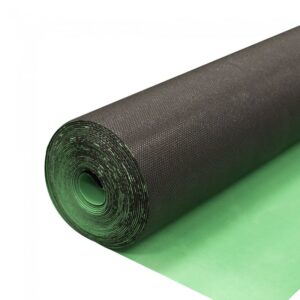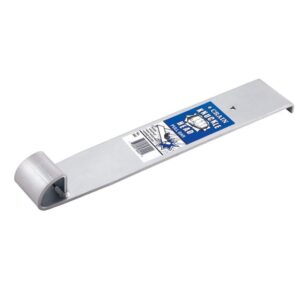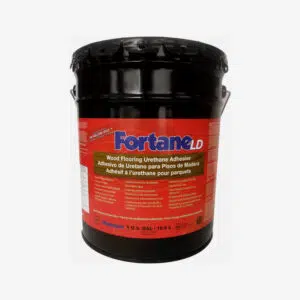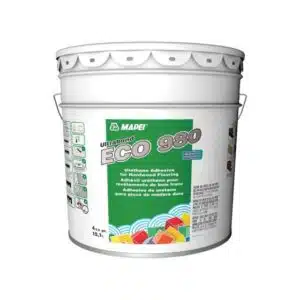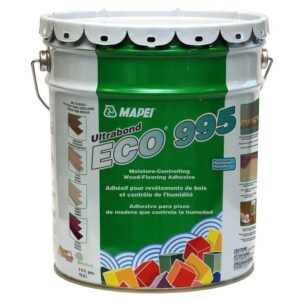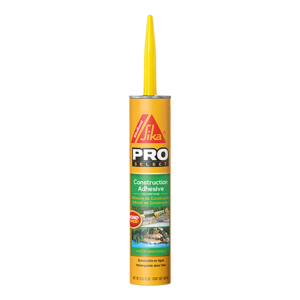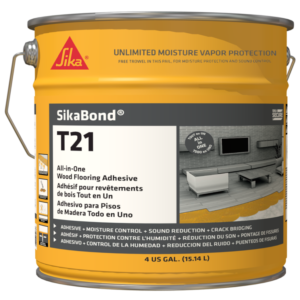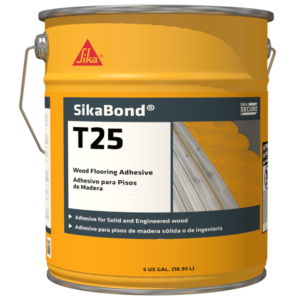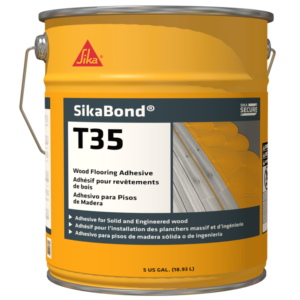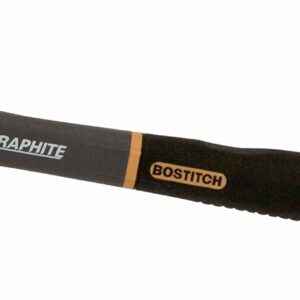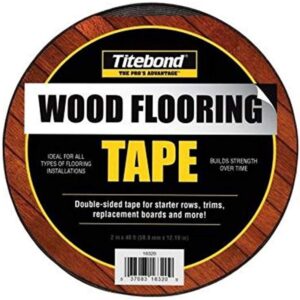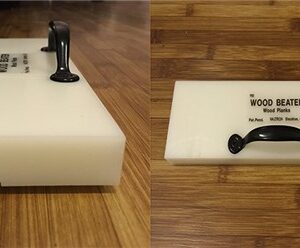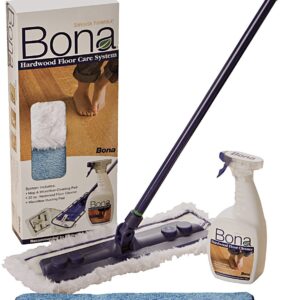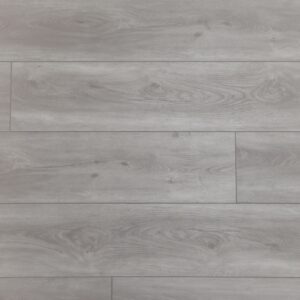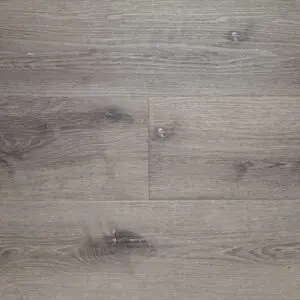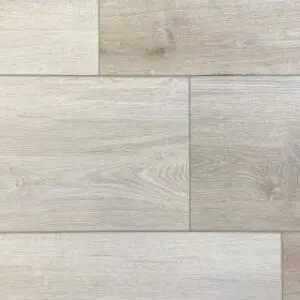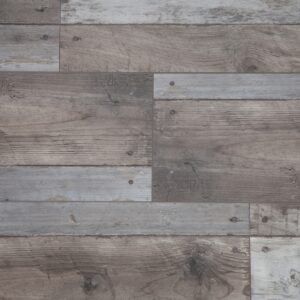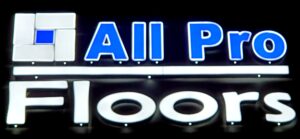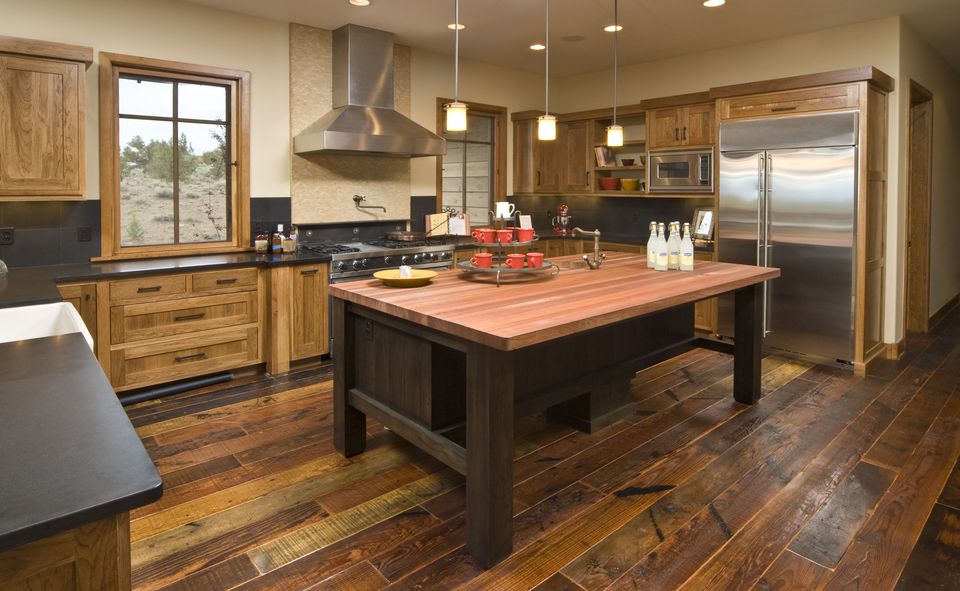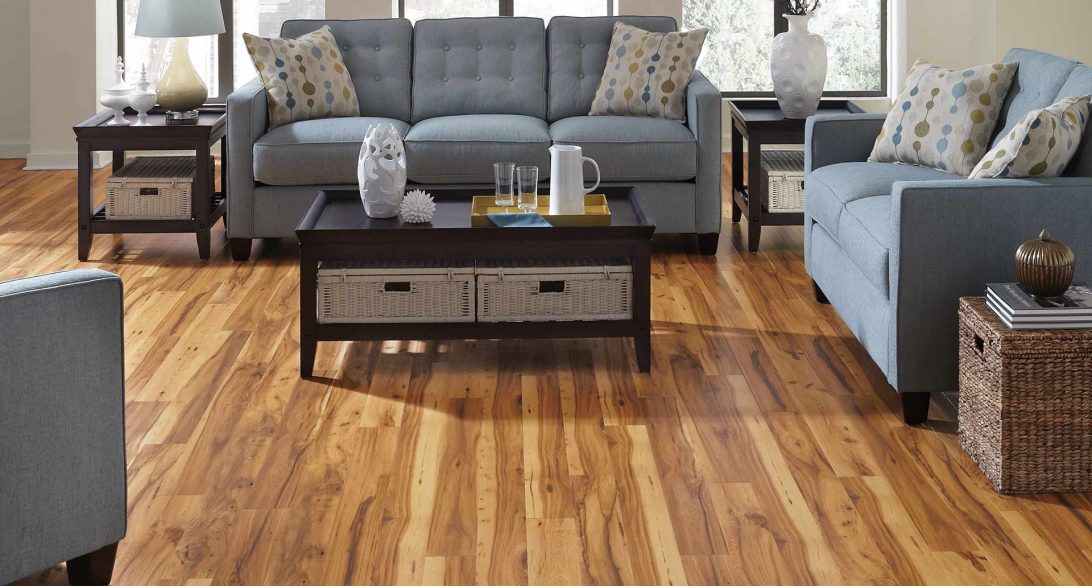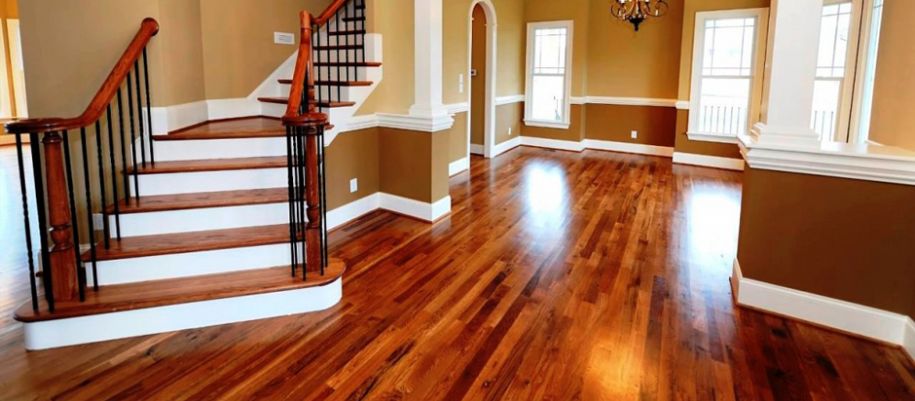Description
Eternity Sterling Collection: Napa Oak
100% Waterproof SPC – Ceramic Bead Finish
Learn More About SPC Vinyl Flooring
Stone plastic composite vinyl flooring is considered to be an upgraded version of engineered vinyl flooring. SPC rigid flooring is set apart from other types of vinyl flooring by its uniquely resilient core layer. This core is made from a combination of natural limestone powder, polyvinyl chloride, and stabilizers. This provides an incredibly stable base for each flooring plank. You can’t tell that is what’s inside these floors once they’re installed. The floors look like any other engineered vinyl floors, with the core completely hidden underneath.
Each plank of SPC rigid vinyl flooring is constructed with the following layers:
• Wear layer: This transparent layer is at the top. It provides resistance to scratches and stains and is easy to keep clean.
• Vinyl layer: This layer provides the decoration for the plank. Colors and patterns are printed onto the vinyl.
• SPC layer: This is the dense, waterproof core for the plank made of natural limestone powder, polyvinyl chloride, and stabilizers. It provides rigidity and stability for the plank.
• Pre-attached pad: This layer is generally made from IXPE or EVA foam, which provides sound insulation
Pros and Cons of Eternity Sterling Collection: Napa Oak SPC Rigid Core Vinyl Flooring
SPC rigid vinyl flooring is quickly becoming one of the most popular trends in home flooring. Installing SPC vinyl flooring offers the following benefits to homeowners:
• Waterproof: One of the biggest benefits of choosing SPC vinyl flooring is that it has a completely waterproof core. Unlike hardwood, it can be installed in areas of the home such as laundry rooms, bathrooms, basements, and kitchens. The waterproof feature also makes this board more stable in environments where moisture and temperature can fluctuate.
• Easy installation: Many homeowners appreciate that SPC floors are easy to install. They can be placed on top of many different types of subfloors or existing flooring. Most designs simply click into place, eliminating the need for messy and complicated glues.
• Affordability: While it is more expensive than standard vinyl flooring, SPC vinyl floors are generally less expensive that other types of luxury flooring, such as hardwood and stone. In addition, homeowners can often install the floors without professional assistance, so DIY installation of SPC flooring can save even more money on this upgrade.
• Style: SPC vinyl flooring is like standard vinyl in that it is available in a wide range of colors and patterns. Some of the SPC flooring styles are designed to look like hardwood, tile, or other types of flooring. The wide range of options is preferable for those who want to be able to customize the look of their home.
• Comfort: The thick, stable bottom layers of each plank make SPC flooring more cushioned than other types of flooring. The thicker the plank you choose, the more comfortable it will feel underfoot. These dense layers also contribute to a quieter sound when walking on SPC floors; they usually do not have a hollow or thin sound like standard vinyl often does.
• Easy maintenance: SPC rigid vinyl flooring is very durable. Because it is incredibly dense, it’s resistant to impacts, stains, scratches, and wear and tear. This flooring style is a great choice for busy households because in addition to holding up well, it is easy to keep clean. Maintenance involves only regular vacuuming or sweeping and occasional mopping. Over time, this type of flooring will resist fading, peeling, and cupping, and it can withstand being directly exposed to sunlight.
Drawbacks of SPC
With so many benefits to using SPC flooring, it may seem like an obvious choice for homeowners. However, before you select SPC floors for your home, be sure to consider these potential drawbacks:
• Less added value for your home: Installing hardwood and other upscale flooring adds the most value to your home. While SPC rigid vinyl floors look stylish, homeowner traditionally favor homes with solid hardwood floors when it comes to monetary value.
• Not as eco-friendly as other flooring types: If you’re concerned about making environmentally friendly upgrades to your home, you may want to avoid vinyl. While there have been improvements in using recycled materials and removing harmful chemicals from SPC flooring, it is still considered less eco-friendly compared to many other flooring options that are made from renewable resources, especially hardwood, cork, and bamboo.
